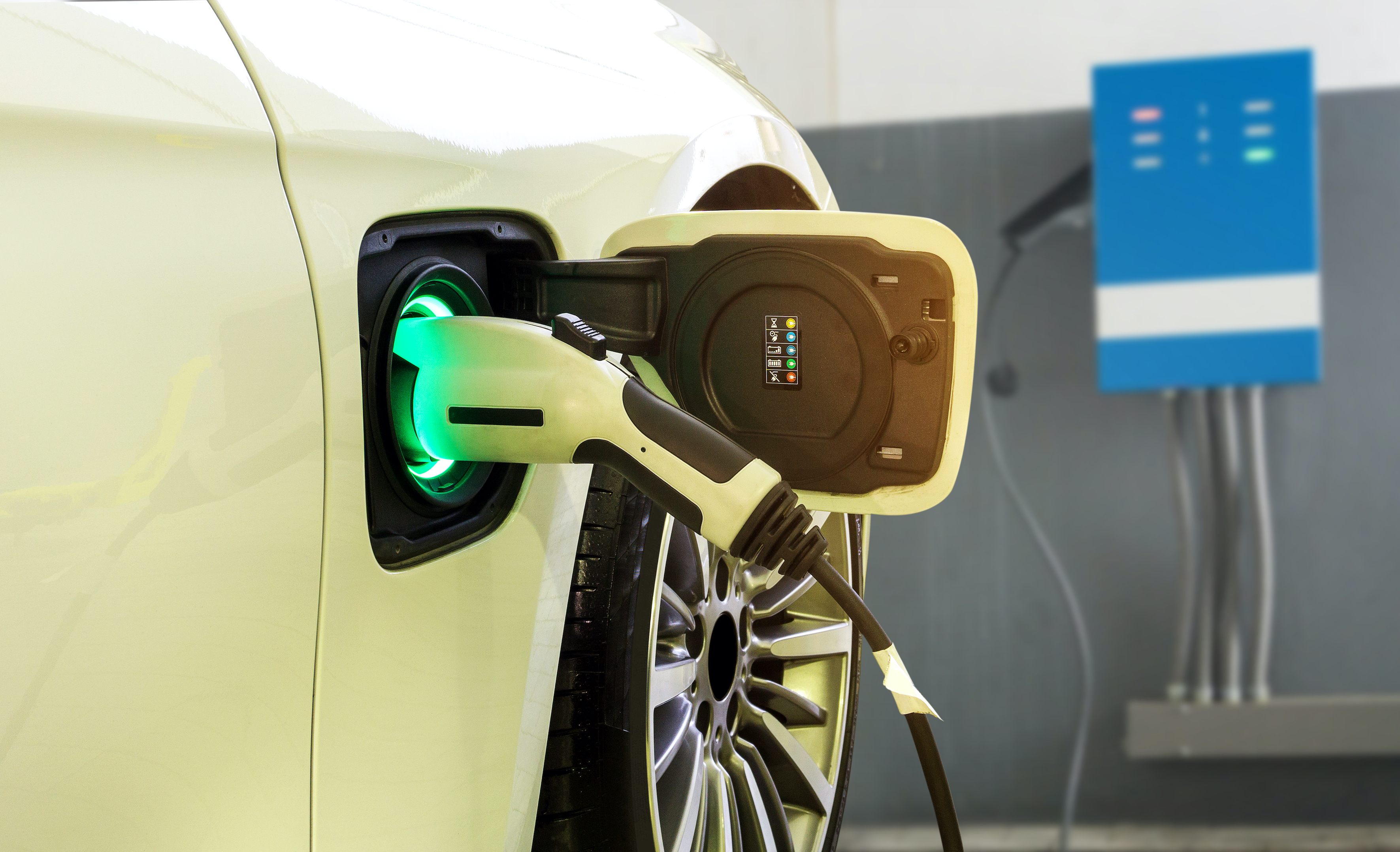EVs to make up 10% of vehicle registrations by 2040
- July 12, 2021
- 0

The Department of Energy (DOE) projects that electric vehicles (EVs) would comprise ten percent of the total registered vehicles in the country by 2040, as stated in the government’s Philippine Energy Plan.
Based on a report from The Philippine Star, DOE Energy Utilization Management Bureau director Patrick Aquino said this would bring about five percent aggregate savings from electricity and oil throughout the period.
During the recent ASEAN Electric Vehicle Outlook summit, Aquino said that internal combustion engine (ICE) production would cease between 2030 and 2035. He added that the Philippines won’t have any other option, believing the country wouldn’t want to be one of the last places in the world to abandon ICE production.
Aquino emphasized that the government is committed to make EV mainstream the soonest, as the country’s transport sector has been slow in transitioning from the usage of ICE vehicles to EVs from 2010 to 2019.
As of 2019, he said, a total of 11,950 EVs have been registered with the Land Transportation Office. This accounts for only 0.9% of all total registered vehicles in the country.
Electric tricycles comprise the majority of registered EVs, followed by electric buses and electric cars.
However, some of the challenges seen in increasing usage of EVs include the initial high cost, inadequate support, limited number of investors in EV charging stations (EVCS), and battery disposal.
Aquino said that transition has already begun in the country, but the government has yet to ensure enabling structures to bring in investments, competencies, and people for the perfect recipe for scaling up EV.
To help support the transition, the DOE would come out with a department circular covering activities related to the development, establishment, use, supply, distribution, and the operation of EVCS.
The Senate recently approved Senate Bill 1382 or the proposed EVCS Act, which aims to address concerns on cost and lack of EV infrastructures.